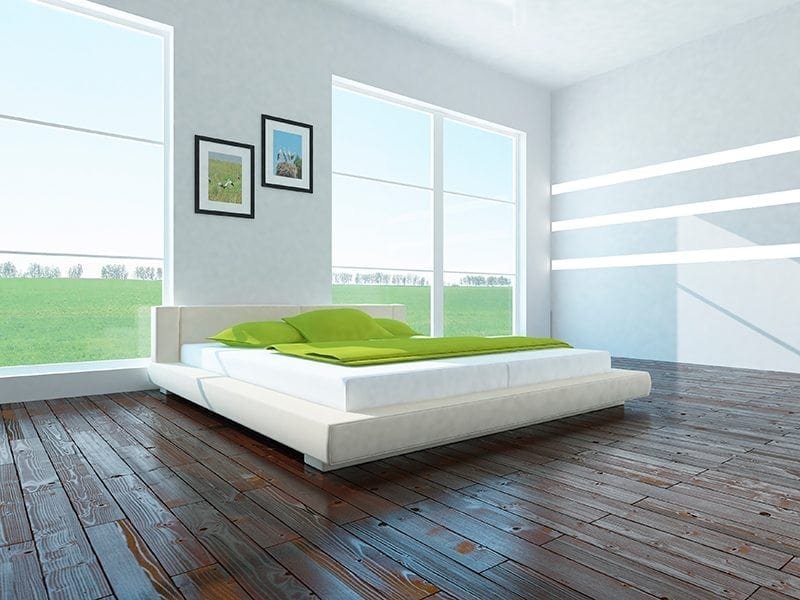I recently attended a conference with Akzo Nobel, the company that owns and manufactures Dulux paints. I learnt about its extensive sustainability strategy, known as Planet Possible, and it got me thinking about the way in which I use paints and how it affects not just the look and feel of a space but also its energy use.
Colour has more than an aesthetic impact: it can be a practical means to increase the natural light falling in through windows, reducing the amount of electricity that building occupants use as a result – a material that impacts on occupant behavioural use.
Natural light is good for you, too – it helps the body make vitamin D, the ‘sunshine vitamin’, which helps you fight off viruses and could save you trip to the doctor.
So how can we use paint and colour to save energy and feel healthier?
All colour (and so paint) reflects light – the more light it reflects, the less we need to use artificial electric light to compensate. Picking lighter colours in key areas of the buildings we occupy will reflect more natural light and will save energy.
But how do we know which colours to pick?
Hue, light reflectance value and chroma
There’s a handy notation next to most colours provided by Dulux which tells you how much light gets reflected. The notation consists of three parts: hue, light reflectance value, and chroma.
Hue tells you which colour you’re getting as you would see it in a rainbow – pink has a red hue, pure yellow is a hue and so on.
Light reflectance value, or LRV, indicates the brightness – and, specifically, how much light bounces off the paint. The higher the number, the brighter the colour. 00 is very low and 99 is the highest and the brightest.
Chroma is the intensity of the colour – a bit like saturation. A low number will be a neutral grey, and a high number – up to 999 – will be vivid colour.
It’s the second part that we’re interested in – brightness. We want more light to bounce off the paint. So pick colours with a high LRV number – they’ll reflect more light around your room.
 Play Video about This Rock Might Just Save The World
Play Video about This Rock Might Just Save The World Play Video about Play 2 hours of rock
Play Video about Play 2 hours of rock Play Video about Play 2 hours of brook
Play Video about Play 2 hours of brook Play Video about Play 2 hours of sheep
Play Video about Play 2 hours of sheep











































